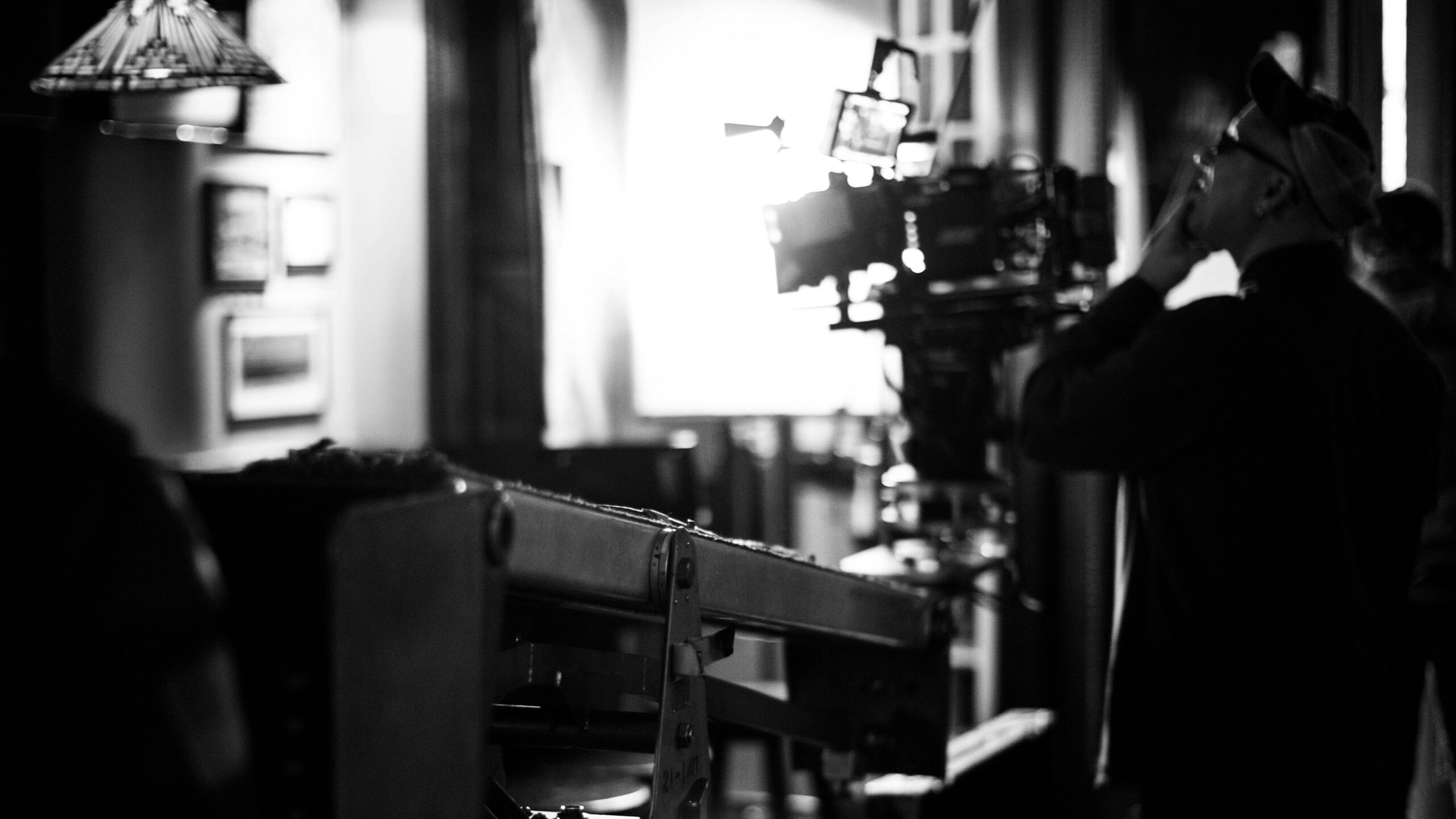As technology continues to advance, artificial intelligence (AI) is often touted as a transformative force across various sectors.
When it comes to the film industry, the impact of AI has been more nuanced and in many ways, it remains limited.
AI’s role in the film industry is not as substantial as some may believe. Here are some of the reasons why; —

Filmmaking is an art form that relies heavily on human creativity and emotion.
While AI tools can assist in various production processes, such as script analysis or editing, the creative vision behind a film is inherently human.
Directors, writers, and producers bring unique perspectives and experiences that AI cannot replicate.
This human element is crucial in crafting narratives that resonate with audiences, making it challenging for AI to take a central role in the creative aspects of filmmaking.
AI can generate text based on existing data and patterns, but it lacks the ability to create original stories.
Scriptwriting involves understanding deep human emotions, cultural nuances, and the subtleties of storytelling that AI currently struggles to grasp.
While AI can assist in generating ideas or suggesting plot points, it cannot replace the nuanced understanding that human writers possess when creating engaging scripts.
AI has made strides in improving technical aspects of filmmaking, such as special effects, editing, and visual enhancements.
For example, AI can help streamline the post-production process, making it faster and more efficient.
However, this technical assistance does not equate to artistic contribution.
The artistic choices made during these processes—such as the pacing of a film, the mood of a scene, or the emotional weight of a character’s arc—are deeply rooted in human intuition and experience.

One of the most critical aspects of filmmaking is its ability to connect with audiences on an emotional level.
Filmmakers draw from their personal experiences, societal issues, and cultural contexts to create stories for their audience.
AI, lacking human experiences and emotions, struggles to create content that truly engages audiences.
Emotions mostly come from a human creator’s perspective and cannot be replicated by algorithms, limiting AI’s role in crafting films that truly move people.
The film industry is also grappling with ethical considerations regarding the use of AI.
Concerns about intellectual property, the potential for job displacement and the authenticity of creative works have led to resistance against the widespread adoption of AI in filmmaking.
Many industry professionals still value the traditional methods of storytelling and filmmaking, which prioritize human creativity over technological automation.







 Uncut Radio
Uncut Radio



